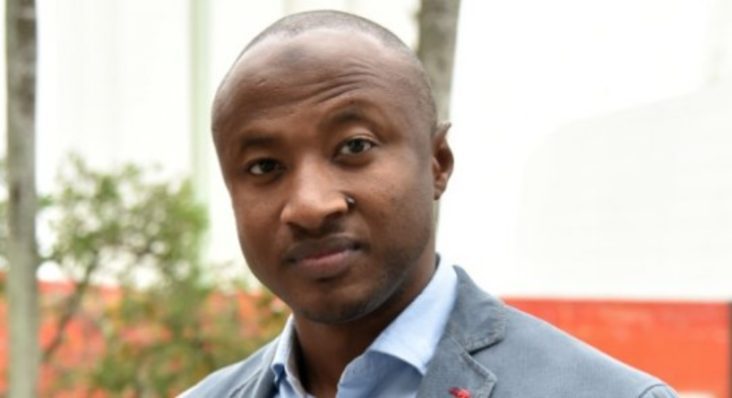Negotiations of the 25th UN climate change conference which ended in Madrid, two days after the official closing date of December 13th caused widespread disappointment over the crucial issues, particularly for Africa whose overall expectations remained unmet, according to Mali’s Seyni Nafo, spokesperson for Africa Group.
APA: As an African, are you satisfied with your continent’s participation in COP 25?
Seyni Nafo : Am I satisfied? No. Could we have done more? Yes! Could the results have been worse? Certainly! That is to say, at this COP, we did not have everything we wanted, but above all we avoided what we did not want. We are a little bit disappointed. But does Africa speak with one voice? More than ever (repeats)! We have a well-established system – that is to say that the presidency of the African group is rotating between the five regions. Moreover, Egypt has just completed its mandate and Gabon takes over from January 1. Africa speaks with one voice at the experts’ level, at ministerial level and at the level of heads of state, some of whom have been mandated by their peers to follow very specific themes for example renewable energy, adaptation of agriculture, regional commissions like the Congo Basin or the one dealing with the climate in the Sahel.
Africa had three expectations from COP25: the carbon market, the committee’s work program on losses and damage, and the specific situation of Africa. (…) Adaptation is indeed Africa’s priority, but its funding is in crisis. We hoped that in this new round of negotiations, in the establishment of the new mechanism on the financial markets, this levy would be extended to all the mechanisms that could exist. The difference with the Paris Agreement is that all countries have emission reduction obligations. Before COP 21 in Paris, under the Kyoto Protocol, only developed countries in the world had emission reduction obligations. (…) Under the Paris Agreement, you can have carbon credits, which are exchanged between developing countries. Earlier, it was between South-North, now you can have South-South, North-South … potentially you have a market ten times larger.
APA: With the reluctance of some countries and the withdrawal of the United States from the Paris Agreement, what are the risks of failure of this mechanism of the Kyoto Protocol?
Seyni Nafo: The United States is not part of the Kyoto Protocol, that is to say after the mechanism was put in place, it has never addressed the substance for adaptation for example. However, there are three (possible) risks for such a failure. Since you now have a large number of participants, there is a risk of absconding, if the rules are not robust. You may find yourself in a situation where a developing country sells its emission reductions to a developed country and each of them counts its emission reductions. Instead of having falling emissions, we can find ourselves in the opposite situation. The biggest risk in this is what is called “environmental integrity,” that is, having rules that assure you that there is no double counting. The second risk is the risk of disagreement on the adaptation for a sample. You have a potential drop in income for adaptation. The final risk is that some countries will enter into bilateral markets that do not have the same degree of compliance and rigor that a market under (the supervision of) the United Nations may have.
APA: What can Africa expect from COP 26 to be held in Glasgow in 2020?
Seyni Nafo : For COP26, we first hope that the negotiations that have been going on for five years will come to an end on the carbon markets. This first point will be the top priority. In 2009, developed countries made a commitment to mobilize up to $ 100 billion a year for the 2020 target. So, here we are! And we are awaiting a report from these countries. Africa had asked this COP 25 to be able to anticipate … We did not have this mandate, but we will probably ask for it in 2020 to assess this objective. Next year, we are also starting financial negotiations, which should lead to the new mobilization target. Last point: countries must come in 2020, according to the Paris Agreement, with climate policies and programs. Already 80 countries have committed themselves to receiving their emission reduction and resilience targets. Next year will be a great COP. The UK has already committed to making adaptation finance a top priority for the most vulnerable countries. At the start of the year, the African group will get closer to this country and to the COP presidency team so that we can start working as quickly as possible.
What was missing in Madrid is that Chile (president of COP 25) got involved a little late because of the socio-political situation in Santiago; which did not allow it to lobby at a high level and to initiate a great manoeuvre at the level of diplomacy. We paid for the failure. It must be said, climate diplomacy is diplomacy like all the others.
ODL/fss/as/APA


